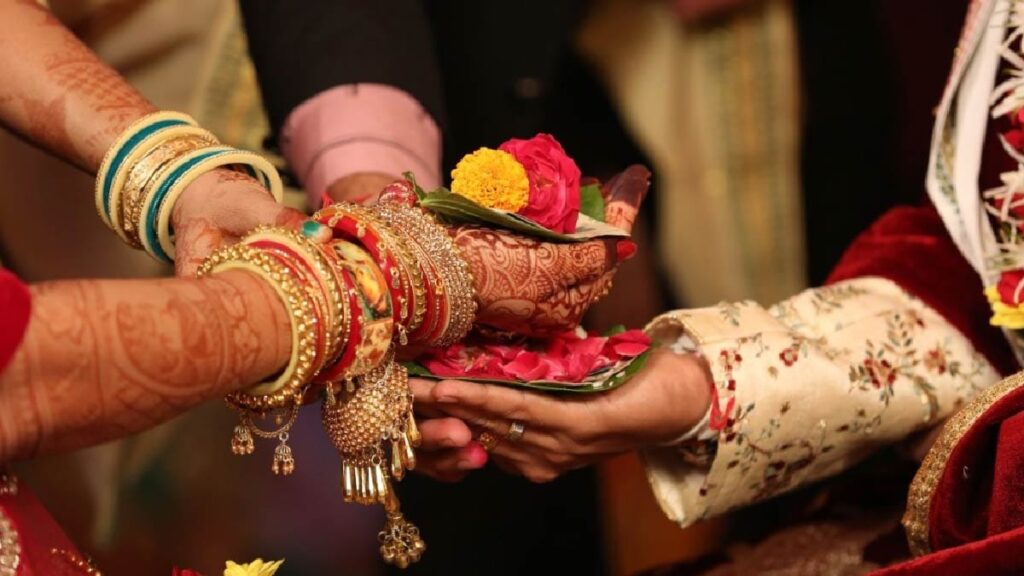Kanyadan not essential in Hindu marriages, says Allahabad High Court

Kanyadan not essential in Hindu marriages, says Allahabad High Court
In a recent ruling, the Allahabad High Court has declared that the ritual of ‘kanyadan’ is not essential for the solemnization of marriage under the Hindu Marriage Act. This decision challenges the traditional significance of the ceremony, which has long been regarded as a crucial aspect of Hindu weddings.
The court’s decision was prompted by a revision plea filed by Ashutosh Yadav, who contested a criminal case filed by his in-laws. Yadav argued that his marriage, conducted under the Hindu Marriage Act, required a ‘kanyadan’ ceremony, which was allegedly not performed during the wedding. However, the court determined that the absence of the ‘kanyadan’ ritual did not affect the validity of the marriage, emphasizing that only the saptpadi (seven pheras) are necessary for a Hindu marriage.
The ‘kanyadan’ ritual, deeply rooted in Vedic tradition, involves the bride’s family offering their daughter to the groom in the presence of the sacred fire. Symbolizing the father’s blessing and the transfer of guardianship from parent to husband, the ceremony is considered significant for purifying the sins of the bride’s parents. However, the Allahabad High Court’s ruling challenges the notion of male guardianship inherent in the ritual.
While some argue that the ‘kanyadan’ ritual is outdated and patriarchal, others believe it holds symbolic value in celebrating the union of two individuals based on principles of equality and mutual respect. Bollywood actress Dia Mirza notably omitted the ‘kanyadan’ and bidaai rituals from her wedding ceremony, advocating for women to assert their agency and redefine traditional norms.
Despite differing interpretations of the ritual, the Allahabad High Court’s ruling underscores the evolving perspectives on marriage and gender dynamics within Hindu society. As debates surrounding the relevance and significance of traditional ceremonies persist, the court’s decision prompts reflection on the changing nature of marital customs and societal expectations.









